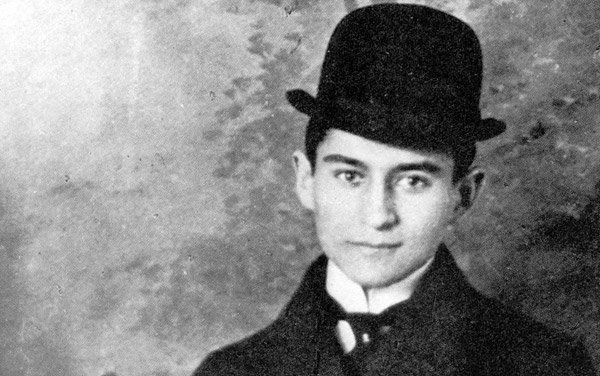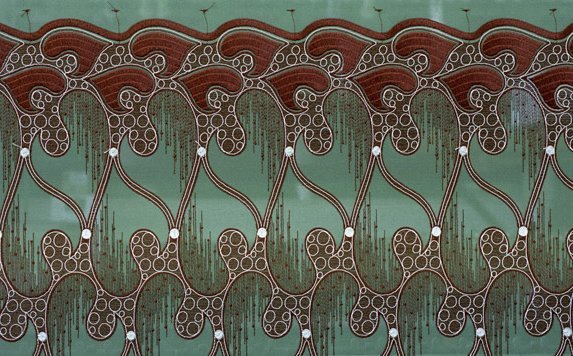'The complexity of my condition: an Austrian, a Jew'. This diary entry by Arthur Schnitzler in 1913 serves as epigraph of our lecture series Jews, Politics and Austria organised together with the Leo Baeck Institute. The series introduces Jewish intellectuals, artists and scientists who, in the early years of the twentieth century, lived and worked in the Austro-Hungarian empire and in the Republic of Austria. In such troubled times how did living under various political systems –the Austrian monarchy, the republic and finally austrofascism – influence their thinking and their work? How did they react to the loss of authority, the longing for cultural homogeneity and the multifarious forms of violence they experienced and which new concepts did they develop in response?
The third lecture in the series will be given by Professor Vivian Liska. References to the law pervade Kafka’s writings, but their meaning remains elusive. It is precisely because it is uncertain whether the law in Kafka’s work is to be understood in juridical, religious, literary, or more generally ontological terms that it has elicited numerous and often contradictory interpretations, which shed light on the relationship between these different realms. The lecture will explore how this indeterminacy and its effects have inspired concepts of justice in modernist thinkers from Scholem and Benjamin to Jacques Derrida and Giorgio Agamben, as well as the relationship between law and narrative and its correlation with Jewish approaches to the interaction between Halacha and Aggadah.
Vivian Liska is Senior Professor of German literature and Director of the Institute of Jewish Studies at the University of Antwerp, Belgium. Her research focuses on modernist literature, German-Jewish literature and culture, and literary theory. She is the author of Die Nacht der Hymnen and Das schelmische Erhabene. Her most recent book is Fremde Gemeinschaft. Deutsch-jüdische Literatur der Moderne (2011).
Booking via the Leo Baeck Institute London info@leobaeck.co.uk

